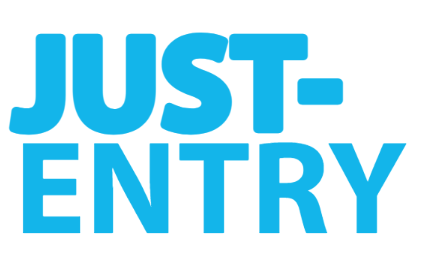5 Job Search Tips That Are So Basic People Forget Them
1. Make Yourself An Obvious Fit
When you apply for a job via an online application process, it’s very likely that nowadays your resume could be first be screened by an applicant tracking system and then (assuming you make this first cut) move onto human eyeballs. The first human eyeballs that reviews your resume are often those of a lower level HR person or recruiter, who may or may not understand all of the nuances of that job for which you’re applying.
Therefore its very important you to make it very simple and you include mention of the key skills required by the job in your CV.
Pro Tip
Study the job description and any available information you have on the position. Are you mirroring the words and phrases in the job description? Are you showcasing your strengths in the areas that seem to be of paramount importance to this role? Make sure you line it up.
2. Don’t Limit Yourself to Online Applications During Your Job Search
You want that job search to last and last? Well, then continue to rely solely on submitting online applications. You want to accelerate this bad boy? Don’t stop once you apply online for that position. Start finding and then endearing yourself to people working at that company of interest. Schedule informational interviews with would-be peers. Approach an internal recruiter and ask a few questions. Get on the radar of the very people who might influence you getting an interview.
Pro Tip
By lining up with people on the inside of the companies at which you want to work, you will instantly set yourself apart. Decision makers interview people who come recommended or by way of a personal referral before they start sorting through the blob of resumes that arrives by way of the applicant tracking system.
3. Remember That Your Resume (and LinkedIn Profile) Is Not a Tattoo
Yes, your new resume is lovely. Your LinkedIn profile, breathtaking. However, if they don’t position you as a direct match for a particular role that you’re gunning for, don’t be afraid to modify wording, switch around key terms, and swap bullet points in and out. Your resume is not a tattoo, nor is your LinkedIn profile. Treat them as living, breathing documents throughout your job search (and career).
Pro Tip
If you’re a covert job seeker, remember to turn off your activity broadcasts (within privacy and settings) when you make edits to your LinkedIn profile. If your current boss or colleagues are connected to you on LinkedIn, they may get suspicious about all the frequent changes.
4. Accept That You Will Never Bore Anyone Into Hiring You
Don’t get me wrong—you absolutely must come across as polished, articulate, and professional throughout your job search. However, many people translate this into: Must. Be. Boring.
Wrong, wrong, wrong. Realize that few people get hired because they had perfect white space on their cover letters, memorized all of the “correct” interview questions or used incredibly safe, common phraseology (i.e., clichés) throughout their resumes. All of this correctness is going to make you look staged and non-genuine. Instead, give yourself permission to be both polished and endearing. Memorable, likable candidates are almost always the ones who go the distance.
5. If You’re Not on LinkedIn, You Very Nearly Don’t Exist
Considering that more than 90% of recruiters use LinkedIn as their primary search tool, this is not an understatement. If you’re a professional, you need to not only be on LinkedIn, you need to be using it to your full advantage. Don’t believe me? Think about it this way: If tomorrow morning, a recruiter logs onto LinkedIn looking for someone in your geography, with expertise in what you do, and you’re not there? Guess who they’re going to find and contact? Yes, that person’s name is “not you.”
Pro Tip
If you figure out how to harness the power of no other social media tool for job search, figure out LinkedIn. It’s (by far) the best resource we have available today for career and job search networking, for finding people working at companies of interest, and for positioning yourself to be found by a recruiter who has a relevant job opening.
…And finally, remember that the interviewer cares much more about what you can do for them than what you want out of the deal. Certainly, they’re going to care a whole bunch about what you want once you establish your worth. But during the interview, you must demonstrate why you make business sense to hire, period.


